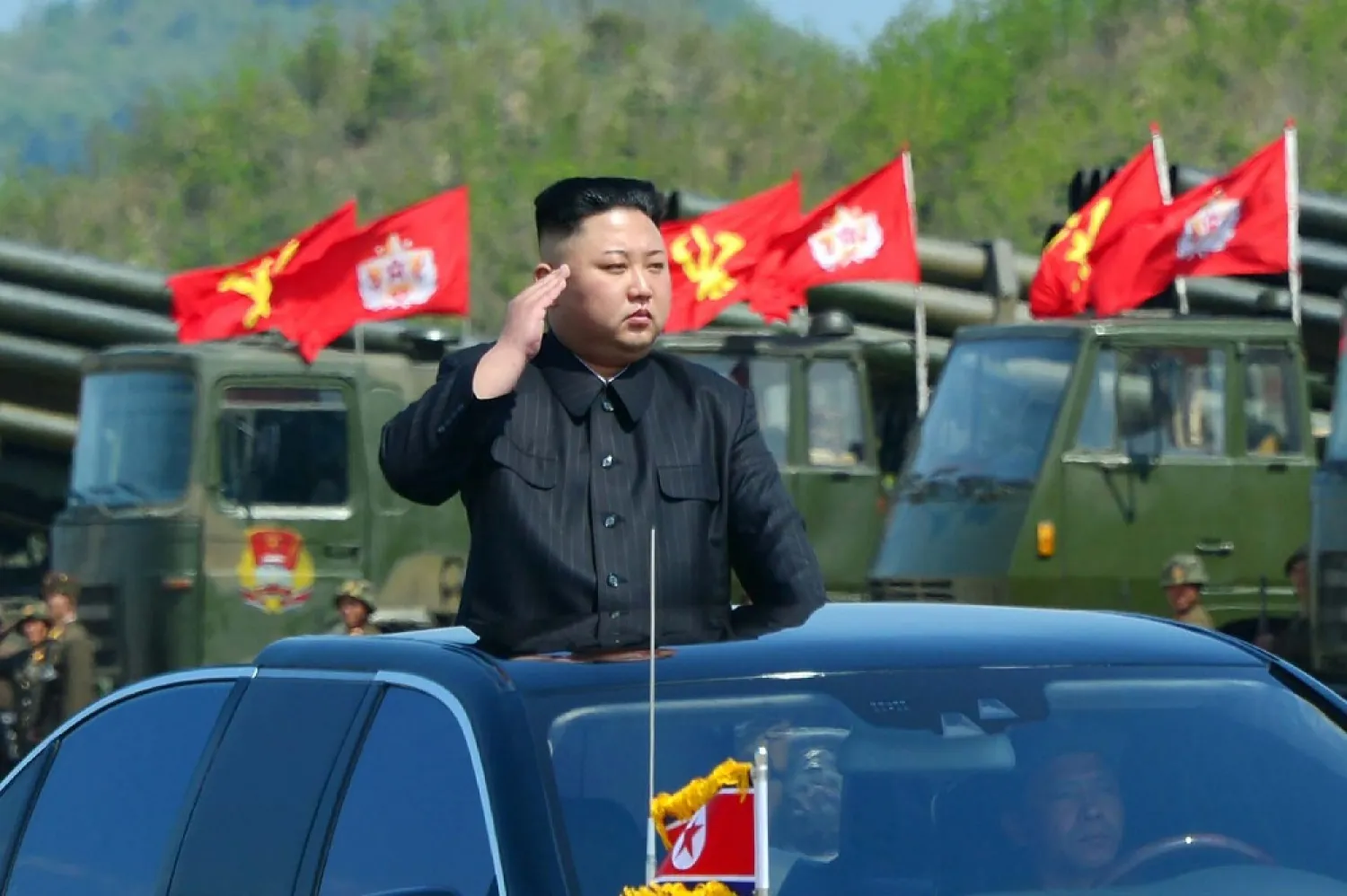Pyongyang condemned on Wednesday US President Donald Trump for his decision to relist North Korea as a state sponsor of terrorism.
It deemed the development as a “serious provocation" that justifies its development of nuclear weapons, reported the North's official Korean Central News Agency.
It asserted that the country has no connection to terrorism and "doesn't care whether or not the United States places the hat of terrorism on our heads."
The US action shows North Korea should continue to "firmly grab the treasured nuclear sword" to protect itself from American hostility.
Experts said the US decision to put North Korea back on its terrorism blacklist will have limited practical effect, but may make a diplomatic solution of the nuclear standoff more difficult.
Meanwhile, South Korean Foreign Minister Kang Kyung-wha was in China to meet her Chinese counterpart as the countries work to repair strained relations ahead of a visit by South Korean President Moon Jae-in to Beijing next month.
Kang and Wang Yi met Wednesday at the Diaoyutai State Guesthouse in Beijing shortly after a Chinese special envoy wrapped up a visit to North Korea, which China is attempting to convince to return to nuclear disarmament talks.
China's relations with South Korea soured last year over the deployment of a US anti-missile defense system in South Korea that Beijing fears will be able to monitor military activity in northeastern China.
China retaliated economically, banning group tours to South Korea and disrupting activities of South Korean businesses within China.
Earlier, China's government criticized "long-arm jurisdiction by other countries" after Washington penalized a group of Chinese companies accused of trading with North Korea.
A foreign ministry spokesman, Lu Kang, said Wednesday that Beijing abides by UN Security Council sanctions over the North's pursuit of nuclear and missile technology. However, he said, "we oppose unilateral sanctions and long-arm jurisdiction."
Lu gave no indication whether Beijing might take action in response.
Washington said Tuesday the companies accused of trading with North Korea will be barred from holding US assets or doing business in the United States.
Beijing has expressed growing frustration with North Korea but rejects allowing individual governments to take action and says any measures should avoid harming the North Korean public.









